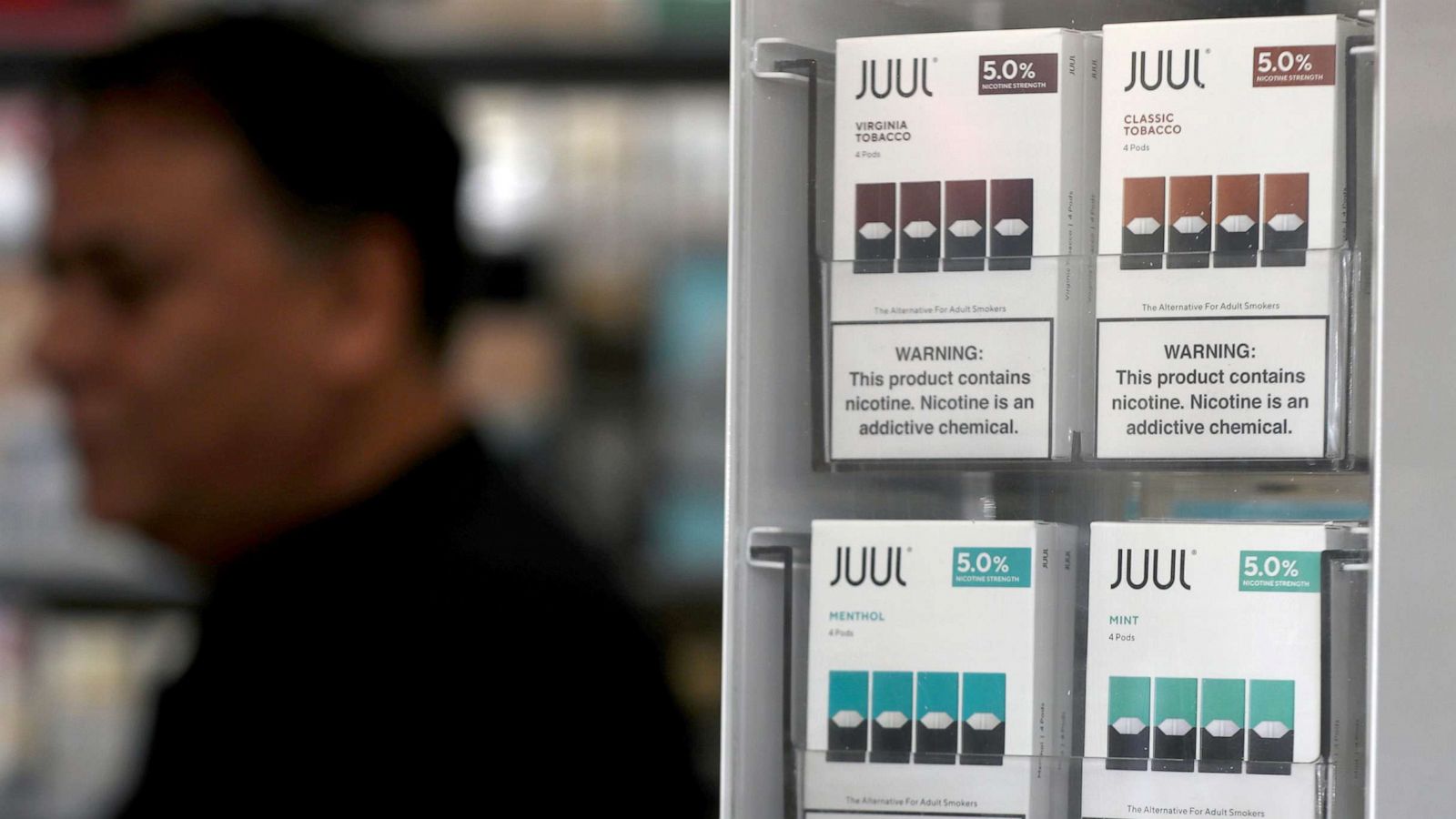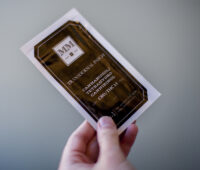

The U.S. Food and Drug Administration on Thursday banned the sale of several e-cigarettes and vaping pods in the country, claiming that the products harm health. The agency said it did not have enough evidence to support its claims that the products are safe.
Moving to Washington D.C. From California
Before its move to Washington, D.C., the company was based in San Francisco. The FDA ordered the company to immediately stop selling and distributing its products. It also threatened to take enforcement action if the company does not remove its products from the market.
The products marketed by the company include the JUUL device and various pods. The agency noted that the pods have high levels of nicotine. These include the popular Virginia tobacco flavored pods.
The head of the FDA stated that the agency’s actions were aimed at ensuring that the products marketed to consumers meet the agency’s safety standards. Dr. Robert Califf noted that the agency would continue to work with other public health agencies to address the concerns raised by the public.
In addition to reviewing the products marketed by companies, the agency also has the necessary resources to identify and take action against those that have contributed to the rise of youth vaping. According to Califf, many of these companies have played a significant role in the problem.
Consumers Free to Use Juul Products
Despite the ban on the sale of e-cigarettes, the agency noted that the products could still be used by consumers. It only enforced the ban on the importation and sale of the products.
The agency also noted that it did not have enough evidence to support the claims made by the company about the safety of its products. In its review of the company’s premarket applications, the agency found that the applications did not provide enough evidence to support its claims.
The agency also did not receive clinical data suggesting an immediate danger from using JUUL products. The order issued by the agency reflected the conclusion that it did not have enough evidence to support the claims made by the company.
Despite having the opportunity to provide the agency with evidence showing that its products meet the safety standards, the company failed to do so. Mital noted that the lack of data on the health risks associated with the use of the products has led to the agency issuing marketing denial orders.













Leave a Reply
Be the First to Comment!
You must be logged in to post a comment.
You must be logged in to post a comment.